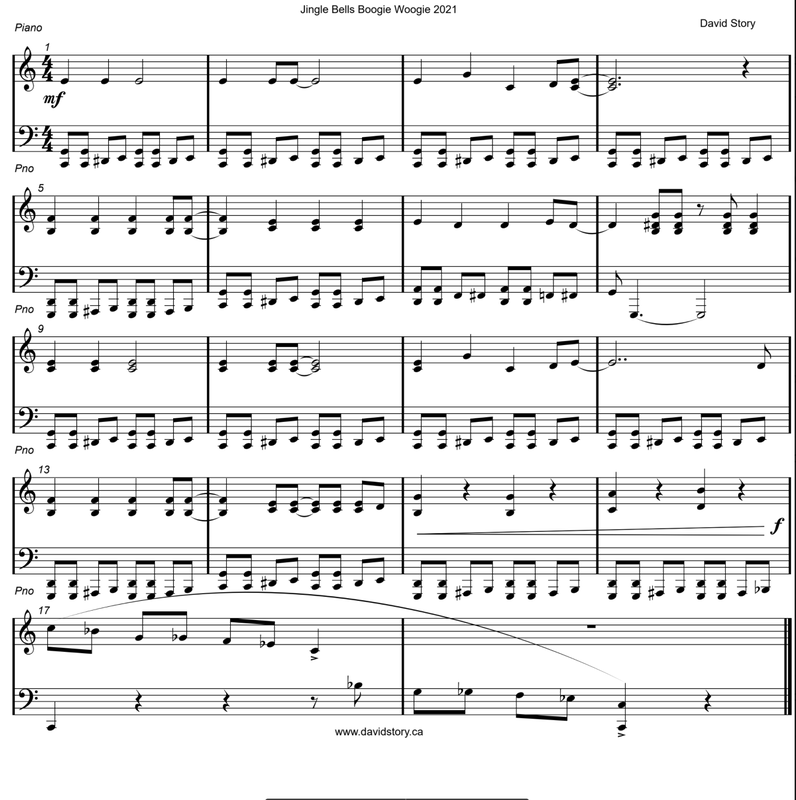|
When I was a naïve overconfident young man Dr. Hugo Norden, professor emeritus Boston Conservatory, coached me in Baroque counterpoint and harmony. He was a wise man who knew how to handle characters like me. Mr. Story we are who we listen to. So, pick carefully" Dr. Hugo Norden 1981 Boston A restatement of the "law of association" to which I’ve spent forty plus years considering. I've reached several conclusions starting with who and what we listen to and how that normalizes our expectations of how music should sound and be presented. These associations show us possibilities. But who we “hang with” will be the greatest influence on our musical progress. Jazz musicians hang with Jazz musicians, Classical musicians hang with Classical musicians and so on. To whom are you listening? Do your listening habits support your music studies or distract? Do you associate with other like-minded individuals such as fellow students, or concert goers? If I can help, call me. David revised August 2022
0 Comments
These three are the most neglected aspects of music study. Theory Skilled musicians see harmonic, rythmic, and structural patterns in the music, beginners see a string of notes. The purpose of theory study is to help us to see and understand these patterns and their significance, which over time, leads to artistry. As a former teacher put it, "understanding what you are seeing makes everything easier." How you think about the drum set, what you have heard, and what you understand about the musical past of the instrument determine how you play the instrument musically. Ed Soph, master teacher History
Different eras of music sound different. When you understand the broad outline of music history, you will have informed knowledge on the interpretation of the piece. Ear Training Ear training is a wide set of skills:
Some folks have it easier here than others, but I can confidently say that as a kid I started with a tin-ear, but over time, with practice I developed a high degree of skill. I can help you too. Call me. David Revised August 2022 Here are my thoughts the acquisition of jazz chops.
1. Learn and memorize tunes by ear. Generations of Jazz musicians have taken this route. If playing by ear is difficult, call me for ear training lessons. 2. Join a band and play as much as possible. A young musician asked Art Blakey how he could improve. "Play every night" was his response. 3. Transcribe like crazy. If this is difficult, I teach music theory. 4. Record everything you do. Recording yourself is the best feedback you have between lessons. 5. Learn more tunes. "The musician with the largest repertoire wins". 6. Practice your technique, at various tempos, with a metronome. All great musicians have a deep sense of time. 7. Play Bach, Debussy, and Faure. Jazz piano is notoriously diminishing of our left-hand skills. I practice classical music to maintain my left-hand piano skills. 8. Keep up your lessons. I’ve been taking lessons for over 50 years. 9. Join a second band that plays only original music. Playing original music solidifies the skills and knowledge of composition, theory, history, leadership, notation, and more. 10. Write original music for solo piano. Bonus. Read and explore the history of jazz prior to heading to jazz school. If I can help you call me. David Revised August 2022 What should I practice at the piano?
What to practice is the perennial question? Here are some of the thoughts gleaned from decades of personal practice and observing countless students.
If I can help, call me. David revised August 2022 Winter is here, let's have some fun. David
You may sound more confident by simply playing louder. Try 10% louder to start. see what reaction your playing has on listeners. Another take on fake it to 'til you make it. Secondly, crescendo when the melody rises and diminuendo when it falls, unless the composition or arrangement says otherwise. This should help remove some of the timidity in your playing. Have fun. David Revised August 2022 |
You've got to learn your instrument. Then, you practice, practice, practice. And then, when you finally get up there on the bandstand, forget all that and just wail. AuthorI'm a professional pianist and music educator in West Toronto Ontario. I'm also a devoted percussionist and drum teacher. Categories
All
|
||||||||

 RSS Feed
RSS Feed